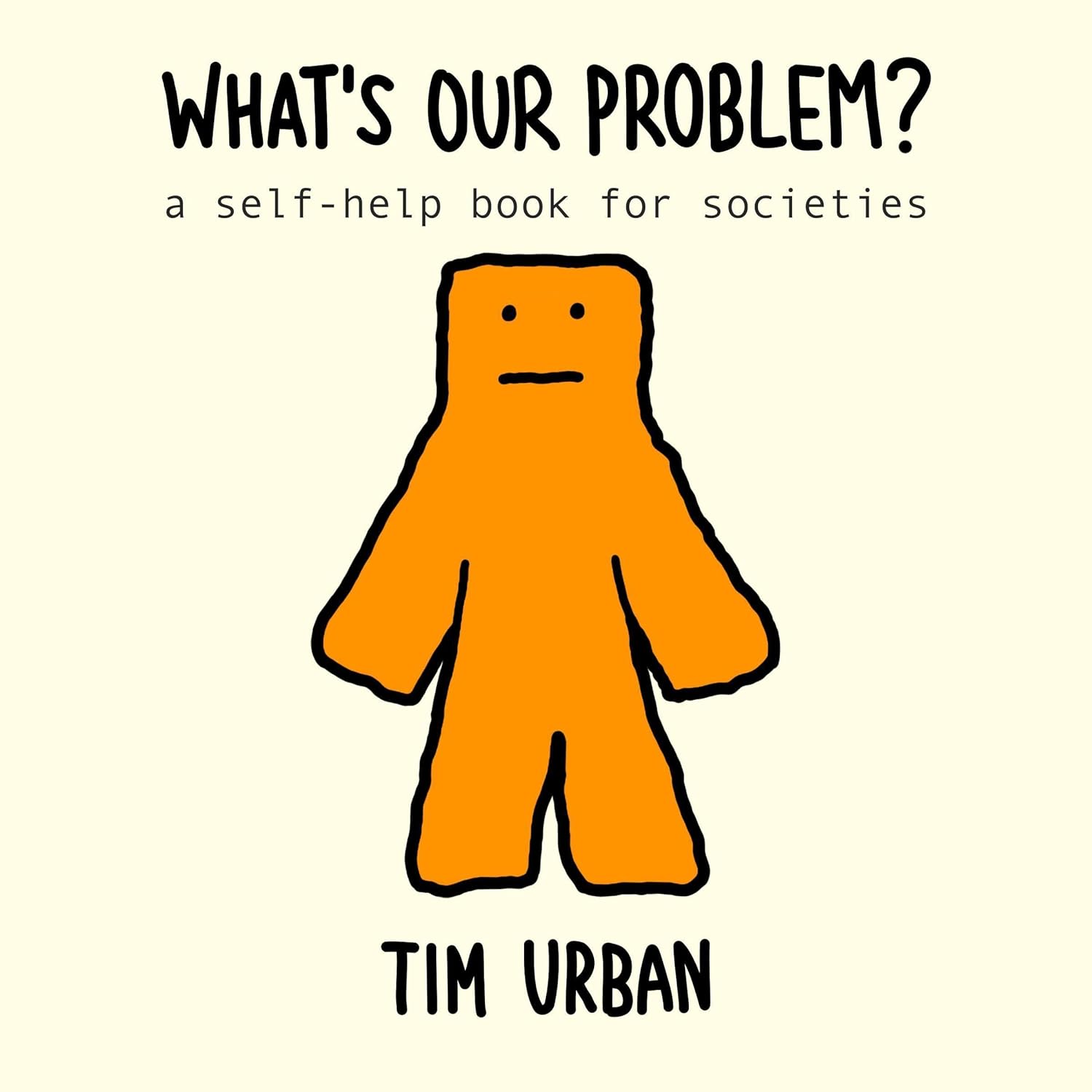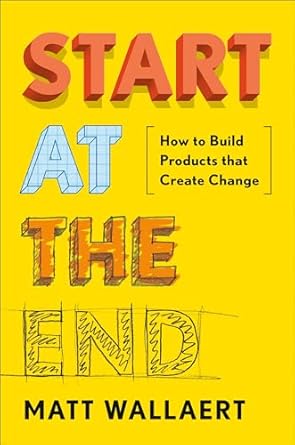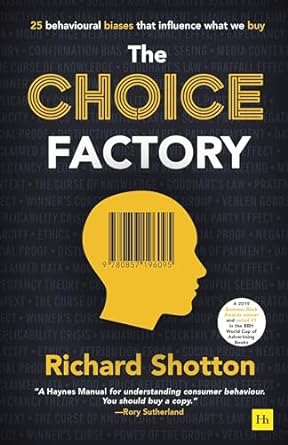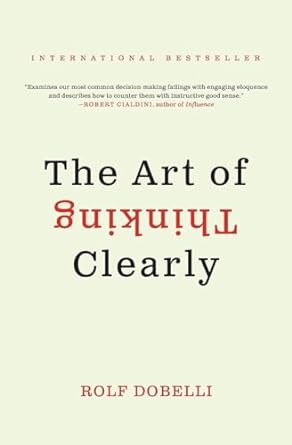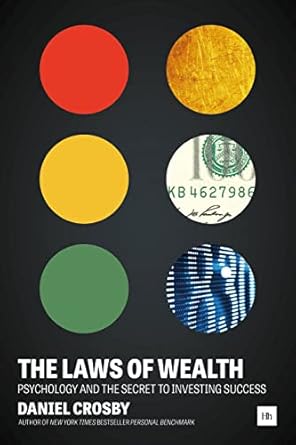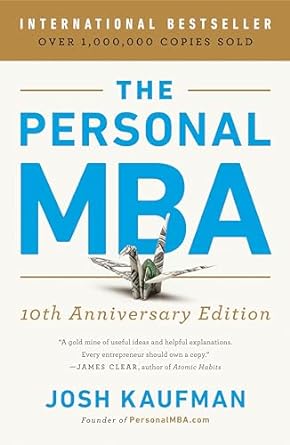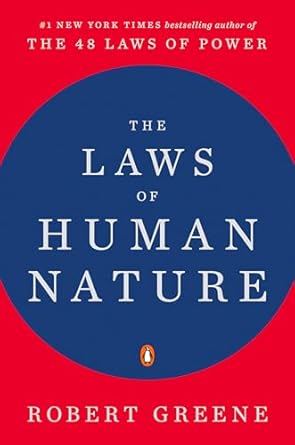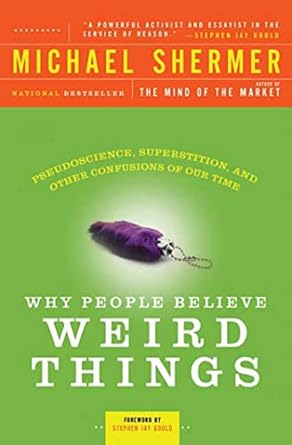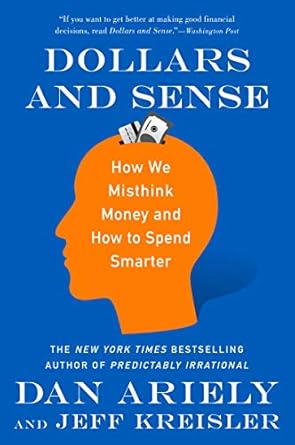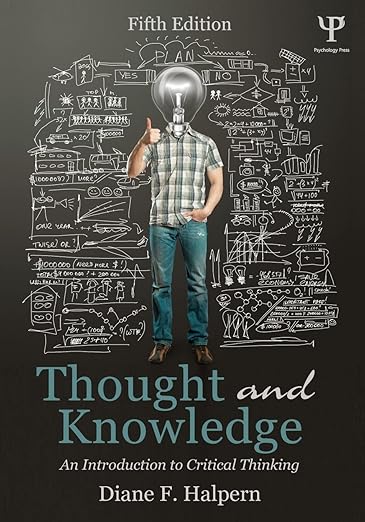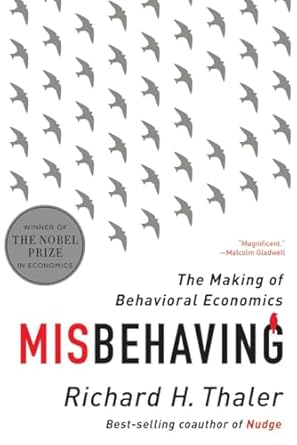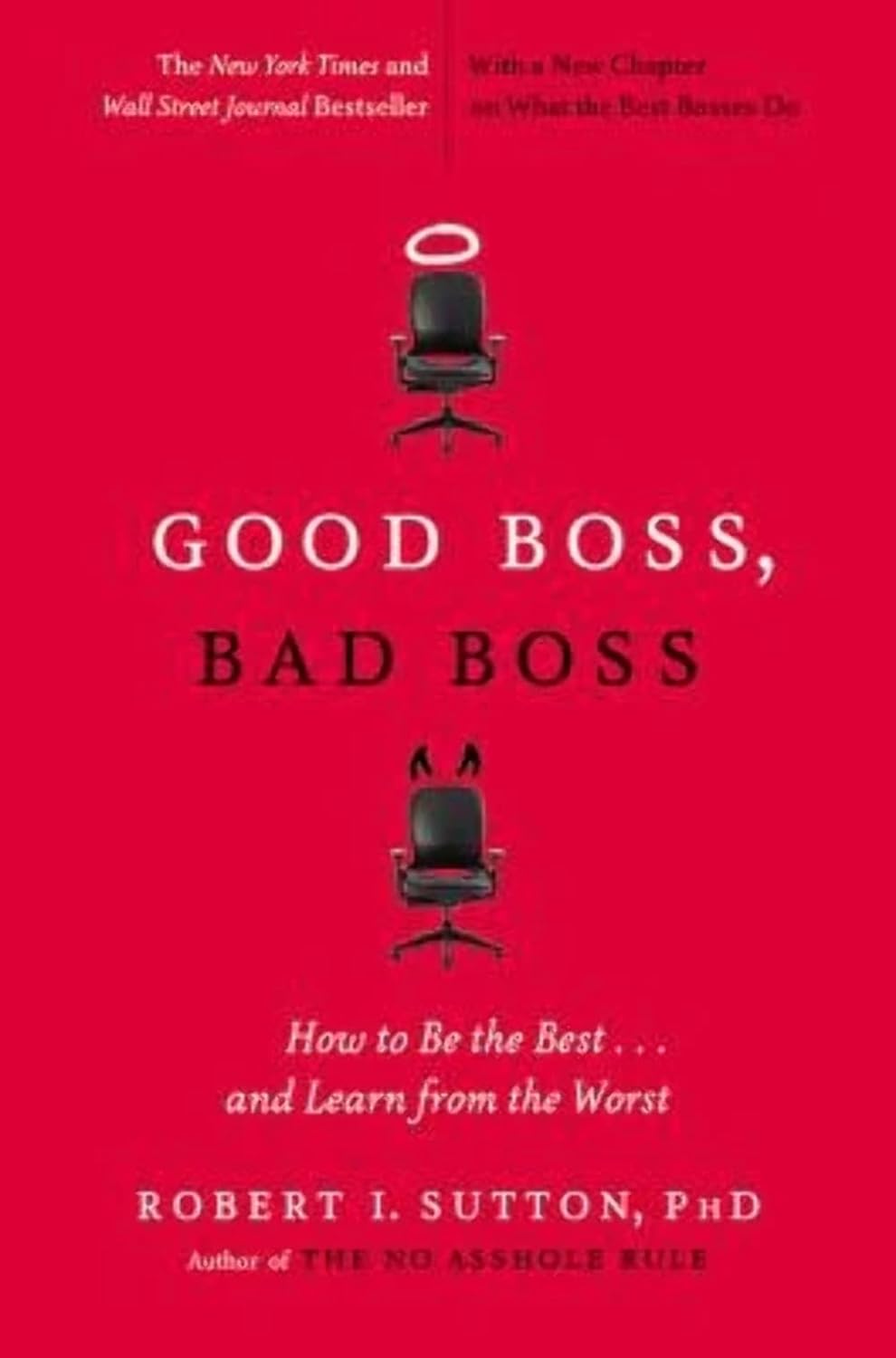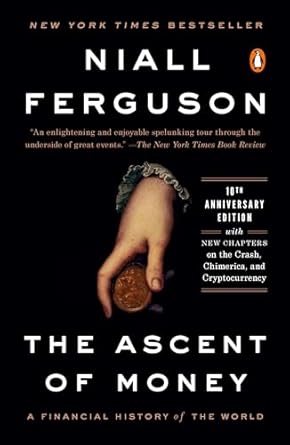Confirmation Bias
The tendency to look for information that confirms existing beliefs, and ignore disconfirming evidence.
Key Insights & Principles
Self-Awareness, Learning, & Decision Making
Insights:- We choose sources to support our ideas.
- We feel validated by having our beliefs and opinions confirmed.
- We tend toward sources that confirm beliefs rather than those having a track record of truth.
- Behaviours that demonstrate confirmation bias: cherry-picking, motivated skepticism, motivated reasoning, stereotyping.
- Motivations for confirmation bias: Social Dependence - going against commonly held beliefs is difficult in your own community; Intellectual Dependence - people feel smarter when their views are confirmed in echo chambers; Self Esteem - people who are told they are right feel good about themselves.
- Beliefs can influence our memories.
- The more varied our sources of information, the less prone we are to confirmation bias.
- A culture of skepticism is important.
- People often use research that supports their hypothesis after they have come to a conclusion.
- Losing, failing, or being proven wrong usually hurts us emotionally.
- The more power or higher position we hold, the more prone we are to confirmation bias.
- Confirmation bias can lead us to anchor on previous decisions, make make decisions based on the assumption that those decisions were right.
- Seek information that contradicts your views.
- Be open to changing your beliefs based on evidence.
- Don't spend energy trying to win over rejecters.
- Cultivate a culture and belief that failure is important.
- Run small tests, and expect to fail.

